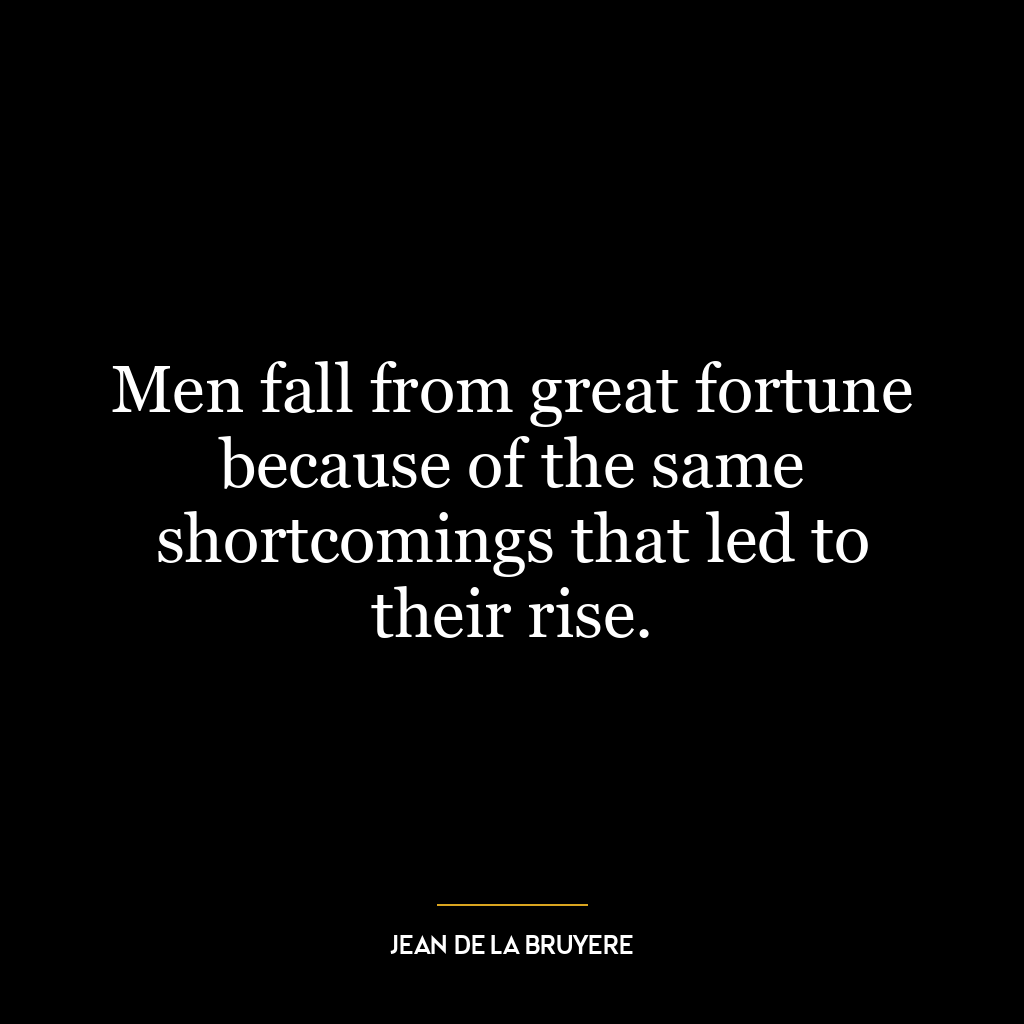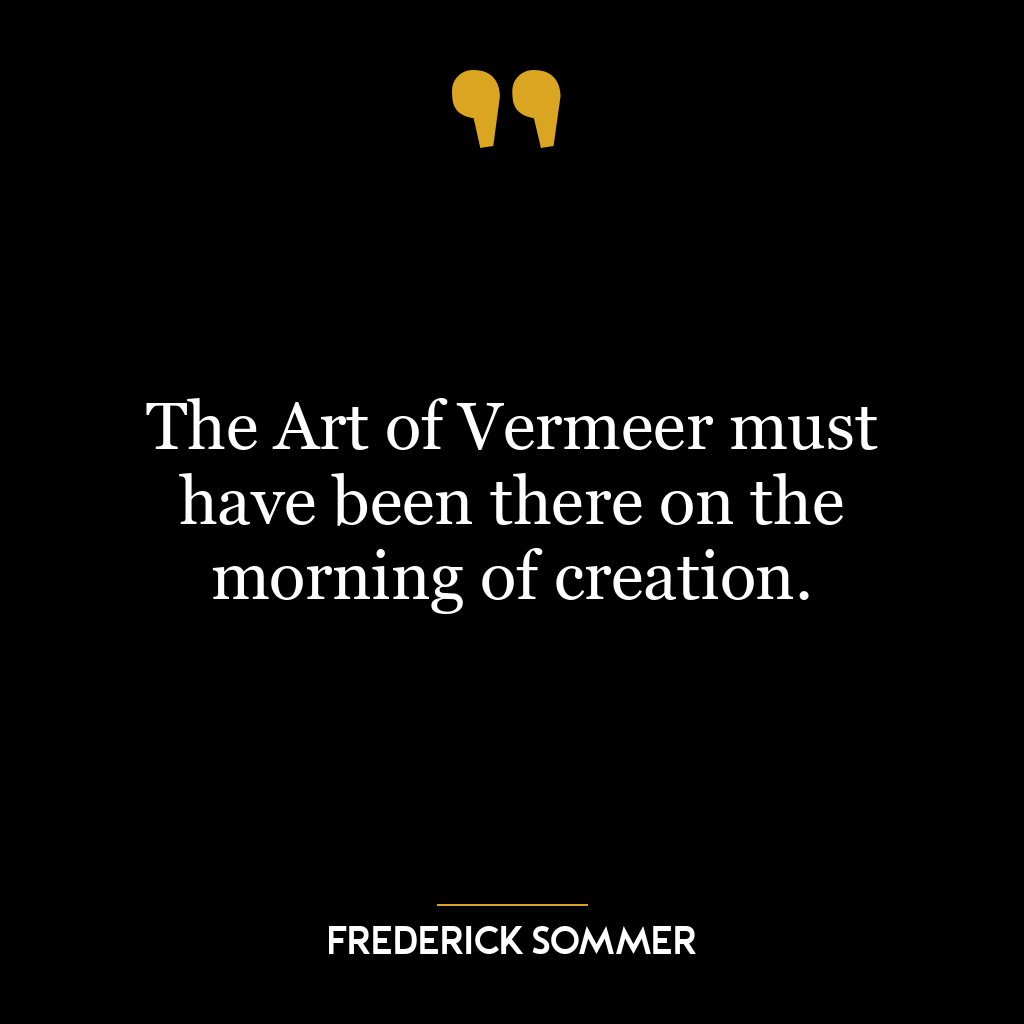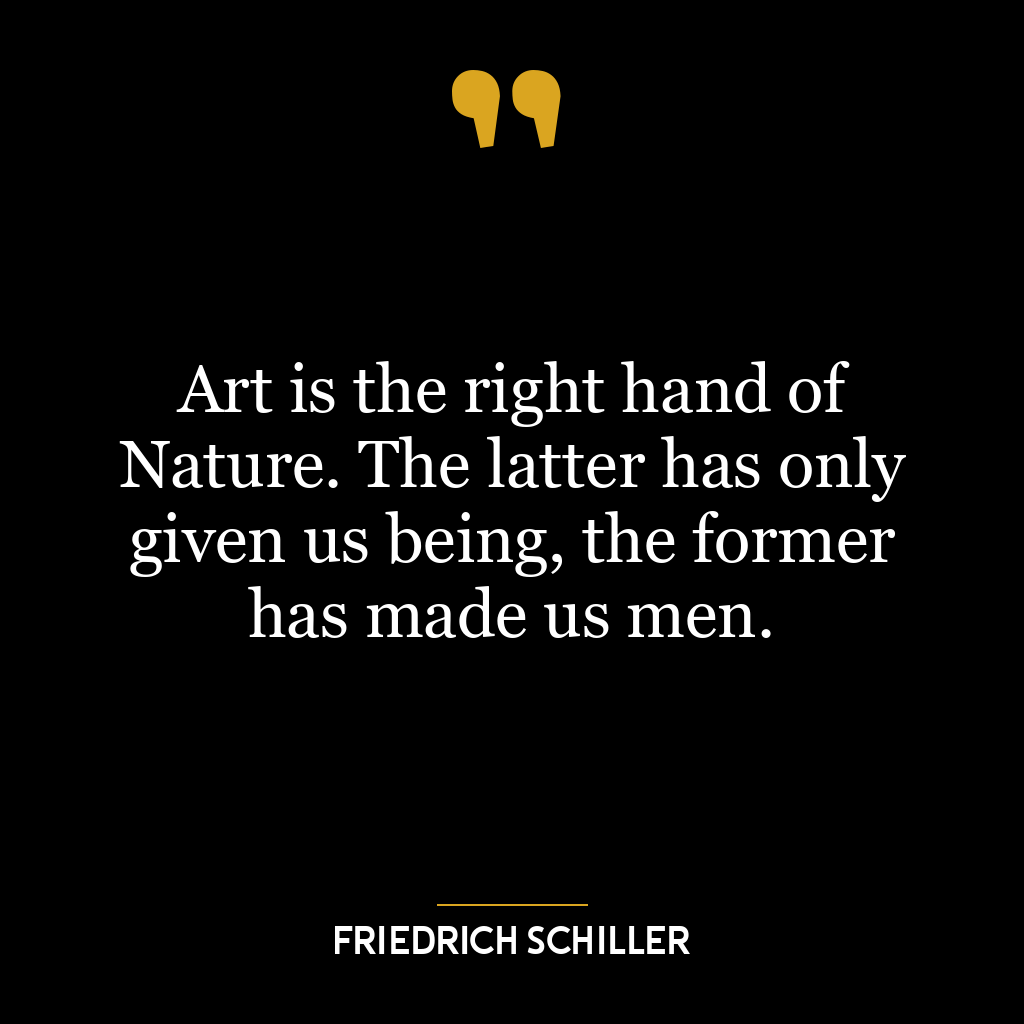This quote is a commentary on the paradox of human nature and capability. It highlights the irony that while humans lack the ability to create even the smallest creature (a mite), they are capable of conceiving, creating, and worshiping multiple gods. This reflects on our limitations in tangibly influencing the natural world, yet our immense capacity for imagination and belief.
In essence, it suggests that humans have a propensity for creating complex systems of belief or ideologies (gods) which they then revere or follow. These ‘gods’ could be literal religious deities, but can also represent abstract concepts such as power structures, societal norms or personal idols.
Applying this idea to today’s world or personal development might involve recognizing how we often construct ‘gods’ in our own lives – whether these are societal expectations we feel compelled to live up to, individuals we idolize and seek to emulate, or personal goals that dictate our actions. We might not have control over certain aspects of life (like creating a mite), but we certainly hold power over what ‘gods’ we choose to create and follow.
From a personal development perspective, this quote could encourage introspection about what ‘gods’ one has created in their life – what beliefs guide their actions? What ideals do they hold above all else? Understanding these self-created influences can provide insight into one’s motivations and behavior patterns which is crucial for growth.
In broader society too, acknowledging these self-created ‘gods’, whether it’s consumerism culture or political ideologies can lead towards more informed decisions and conscious living.










